
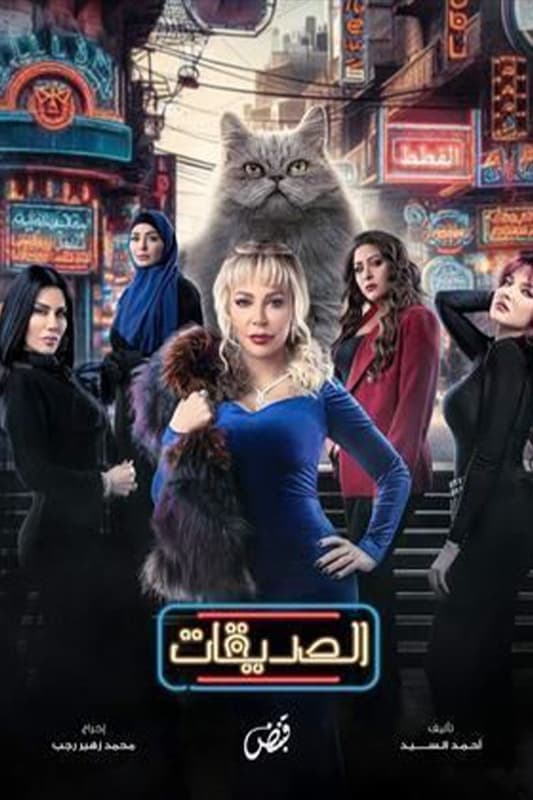
A businesswoman seeks to exploit some girls to achieve her personal interests by having them work as dancers and forcing them to do whatever she asks, whatever it is, and the stories of these women come across each other.
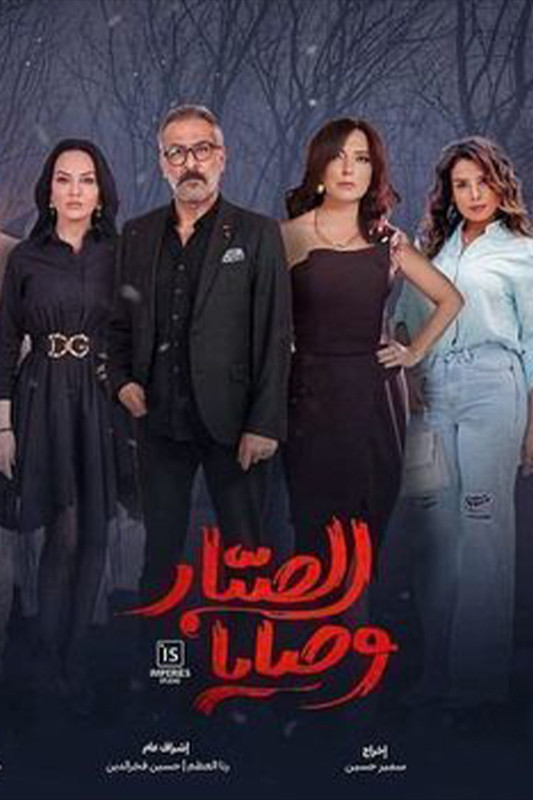
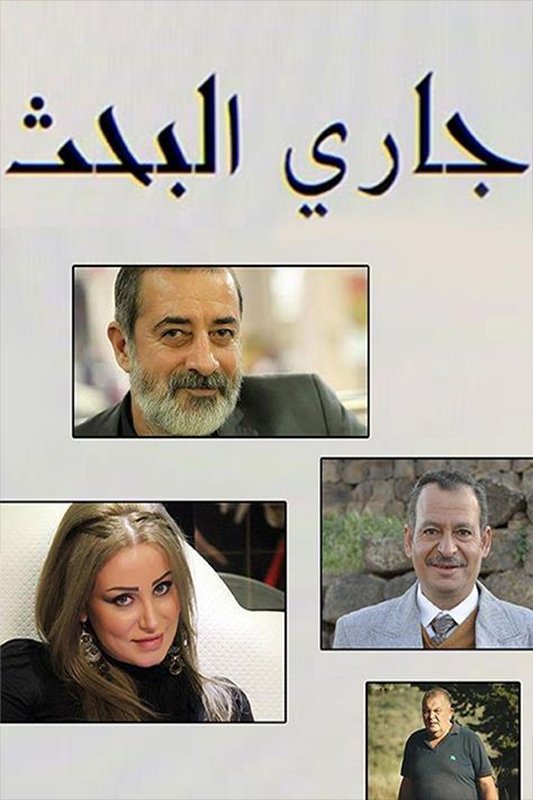
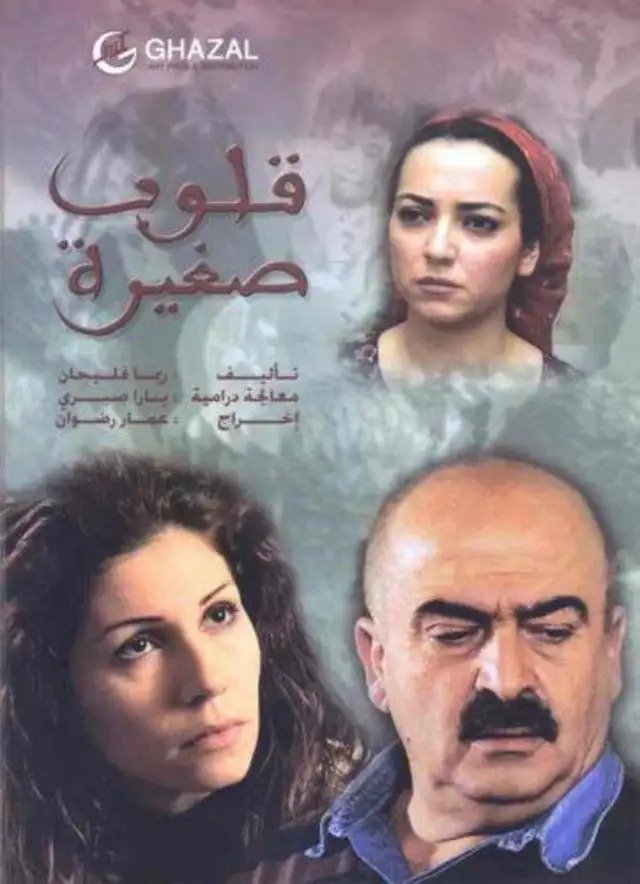
The show tells the story of a playwright, Jalal, who holds secular views, and his close friendship with Michel, his childhood friend. Michel initially worked as a lawyer but later transitioned to journalism, founding his own magazine in which he boldly addresses societal issues, drawing significant criticism. Additionally, the narrative explores themes of separating religion from civil and political life through a love story between a man and a woman from different faiths: Jalal (a Muslim) and Hanan (a Christian). Their relationship culminates in a secret marriage, which lasts until Jalal’s sudden passing. Throughout the story, the work focuses on two major issues related to secularism: the demand for a civil personal status law that permits civil marriage, and the call for a secular education system that allows students the freedom to seek their own truths instead of being indoctrinated with a predetermined "absolute truth." It also tackles issues of political and social corruption.
A drama series that tells the story of the coastal environment during the era of the French mandate in Syria, especially the environment of fishermen in light of the exploitation and greed of some people and the bitter struggle of others against the French occupier.
The Syrian series *Hasiba* takes viewers back to the early decades of the last century, but not merely to recreate a historical scene. Through its portrayal of Damascene society following the Great Arab Revolt, it captures the central force governing human relationships—both men and women—the role of women as symbols of life, strength, optimism, love, generosity, and the ability to rebuild what war has destroyed. Within a romantic and dramatic atmosphere, the series weaves together timeless stories of characters enriched by their past and shrouded in mystery. While men appear fractured and lost, women, particularly Hasiba, embody emotional and sentimental clarity, striving to illuminate the path for struggling souls searching for their identity and stability, as if chasing an unknown figure in the darkness.

Essam and Ragaa experience unsolvable problems and disputes over one of Essam's colleagues. These disputes increase to affect their children negatively over time.
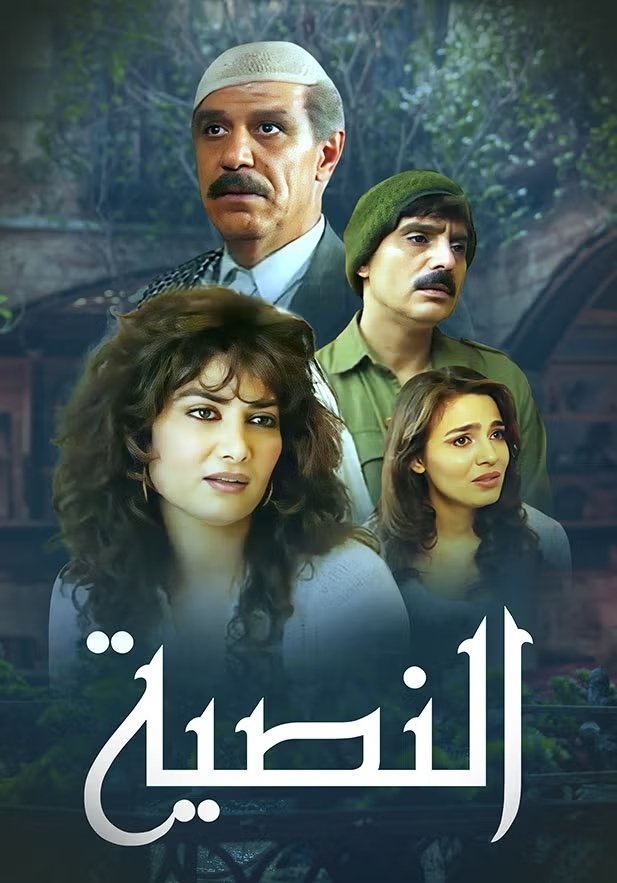
By browsing this website, you accept our cookies policy.